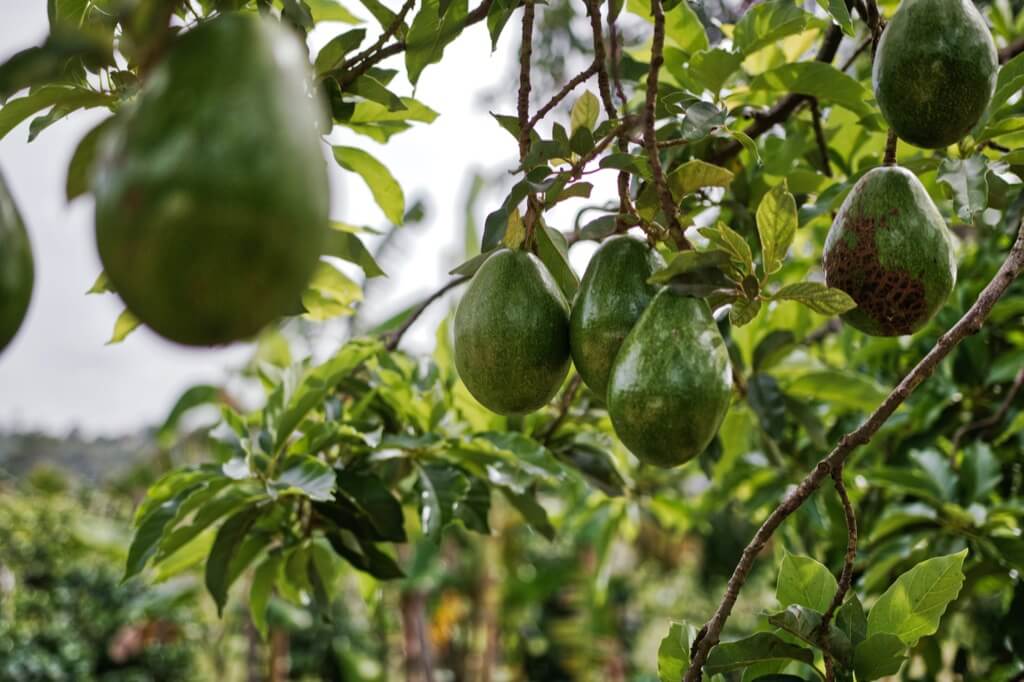The Origins of “Avocado”
The term “avocado” has a fascinating etymology, originating from the Nahuatl Indian (Aztec) word “ahuácatl,” which surprisingly translates to “testicle.” This link to the human anatomy sheds light on the historical perception of this unique fruit and its association with fertility and vitality in ancient Aztec culture.
Health Benefits of Avocados
Avocados boast an array of health benefits, including their low-calorie count, an abundance of vitamins B and C, and a remarkable potassium content surpassing that of bananas by 60%. Moreover, their high monounsaturated fat content contributes to a healthy heart by regulating cholesterol levels, specifically reducing the harmful LDL cholesterol and promoting the beneficial HDL cholesterol.
Understanding Cholesterol Dynamics
Exploring the intricacies of cholesterol, it becomes evident that it serves vital functions in the human body, such as maintaining cell membrane flexibility and facilitating the production of essential compounds like bile acids, vitamin D, and steroid hormones. The balance between LDL and HDL cholesterol plays a crucial role in cardiovascular health, underlining the significance of a balanced cholesterol profile for overall well-being.
Health Risks Linked to High Cholesterol
High cholesterol levels can have severe implications for cardiovascular health, leading to atherosclerosis, a condition characterized by the hardening and narrowing of arteries. This condition contributes to increased blood pressure and the risk of life-threatening events such as heart attacks, strokes, and aneurysms. Furthermore, the impact of cholesterol imbalances on sexual health, particularly in the context of erectile dysfunction, highlights the multifaceted repercussions of this health concern.
Factors Influencing Erectile Dysfunction
Erectile dysfunction, a complex health issue affecting many individuals, can be attributed to various factors, including atherosclerosis, hypertension, and elevated cholesterol levels. Additionally, lifestyle factors like alcohol consumption, smoking, and substance abuse can contribute to this condition, emphasizing the need for a holistic approach to managing and preventing erectile dysfunction for overall well-being.
Avocado’s Nutrient-Rich Composition
A deeper exploration of avocados’ nutrient profile reveals their abundant content of essential vitamins, such as vitamin C, vitamin E, B vitamins, and vitamin K, along with notable quantities of fiber and magnesium. These nutritional components underscore the value of incorporating avocados into a well-balanced diet, as advocated by the American Heart Association (AHA) for optimal health.
Culinary Diversity of Avocados Worldwide
Avocados’ culinary versatility extends beyond their conventional use, as they find a place in diverse global cuisines. From Brazilian avocado ice cream to Filipino sweet avocado drinks, these innovative culinary applications showcase the fruit’s adaptability and appeal, reflecting its widespread popularity across cultures.
California’s Avocado Impact
California’s pivotal role in avocado production and distribution emerges as a significant aspect of the industry. With the state accounting for a substantial portion of the global avocado supply, the scale and impact of avocado cultivation in California become apparent, highlighting its contribution to meeting the burgeoning demand for this highly sought-after fruit worldwide.
The Sustainability Challenges of Avocado Cultivation
Avocado’s surging popularity has raised concerns about its environmental impact, particularly regarding the sustainability of its cultivation. Issues such as water consumption, deforestation, and the use of pesticides in avocado farming have sparked debates about the long-term ecological consequences of the industry. Some argue that the high water requirements of avocado trees in water-scarce regions contribute to environmental strain, while others advocate for sustainable farming practices and water conservation techniques to mitigate these challenges.
Avocado’s Role in Local Economies and Global Trade
The global avocado trade has significantly influenced the economic dynamics of various regions, stimulating debates about its impact on local communities and international markets. While the increasing demand for avocados has created economic opportunities for farmers and exporters, concerns have emerged regarding the exploitation of labor and the economic vulnerability of countries heavily reliant on avocado production. Discussions about fair trade practices and equitable distribution of profits from avocado trade have become essential in shaping sustainable economic models for avocado-producing regions.
Health Implications of Avocado Overconsumption
Despite its numerous health benefits, the potential risks associated with excessive avocado consumption have become a subject of debate within the health and wellness community. Discussions about the calorie-dense nature of avocados and their impact on weight management have led to debates about moderation in consumption. Moreover, debates surrounding the possible adverse effects of avocados on certain individuals, such as those with latex allergies or specific medical conditions, emphasize the importance of balanced dietary recommendations and personalized nutrition guidance.
Avocado’s Influence on Culinary Trends and Dietary Fads
The pervasive presence of avocados in contemporary cuisine and dietary trends has prompted discussions about their impact on food culture and consumer behavior. Advocates highlight the fruit’s versatility and nutritional value as a healthy dietary choice, while critics express concerns about the commodification of avocados and their association with fleeting food fads. Conversations about the influence of avocado-centric diets on culinary diversity and the need for a balanced approach to dietary trends have become central to the discourse on modern food culture.
Social and Cultural Significance of Avocado
Beyond its nutritional and economic value, avocados hold a significant place in various social and cultural contexts, fostering debates about their symbolism and cultural relevance. Conversations about the cultural appropriation of avocado-based dishes, the representation of avocados in popular media, and their role in shaping contemporary food aesthetics have emerged as critical points of discussion. Furthermore, the intersection of avocado consumption with social media trends and lifestyle branding has led to debates on the broader implications of avocado symbolism in shaping societal norms and values.




